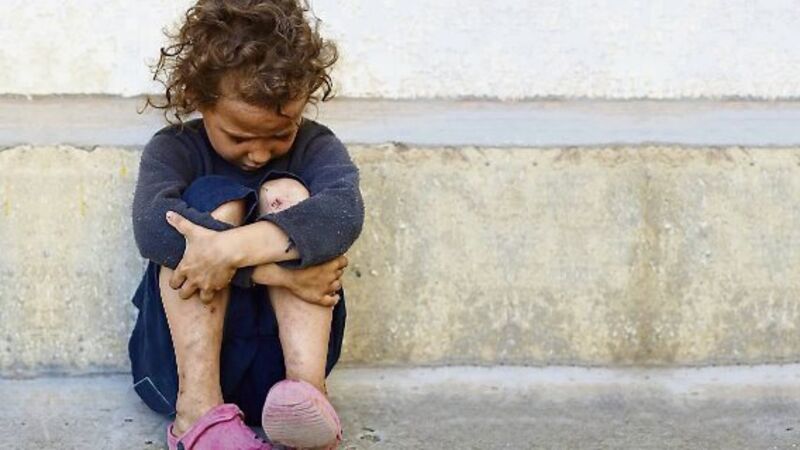‘F’ for fail: Government has a very poor grade in fighting child poverty

Well-delivered, solemn. He coped with increasing temperatures in the hall. The event went down well with the delegates, and I’m guessing with the public. Especially the talk about tax cuts. Stick with us, was the message, and there will be more tax cuts to reward hard work and enterprise.
That’s great. I’m all in favour of tax cuts. It’s just what we need to make us feel better — and maybe have a second holiday in the year again and maybe a little chalet abroad.















